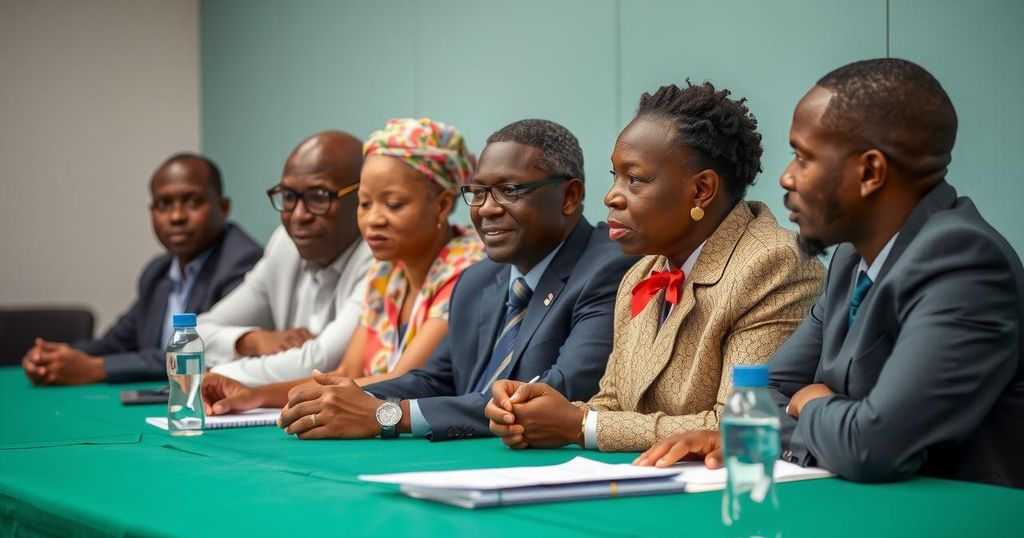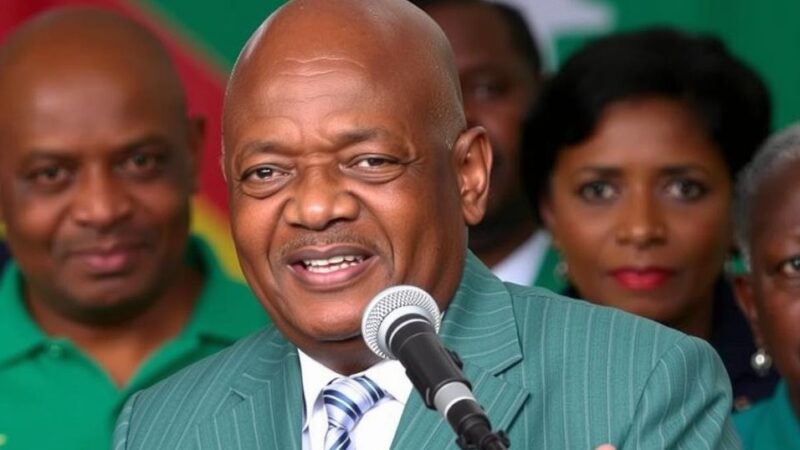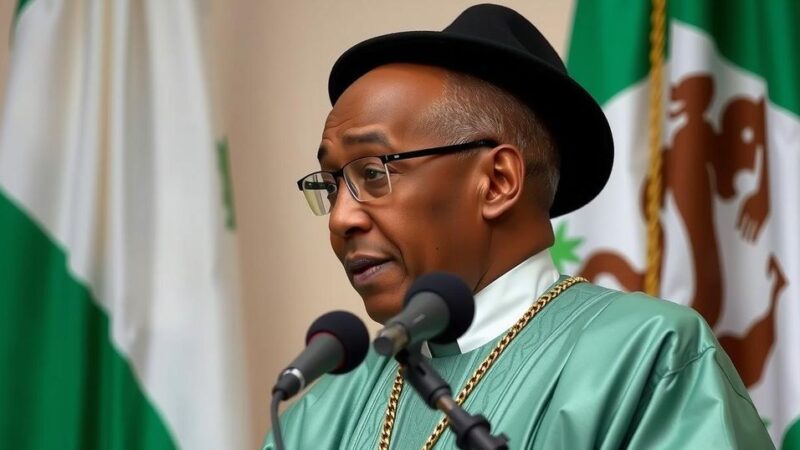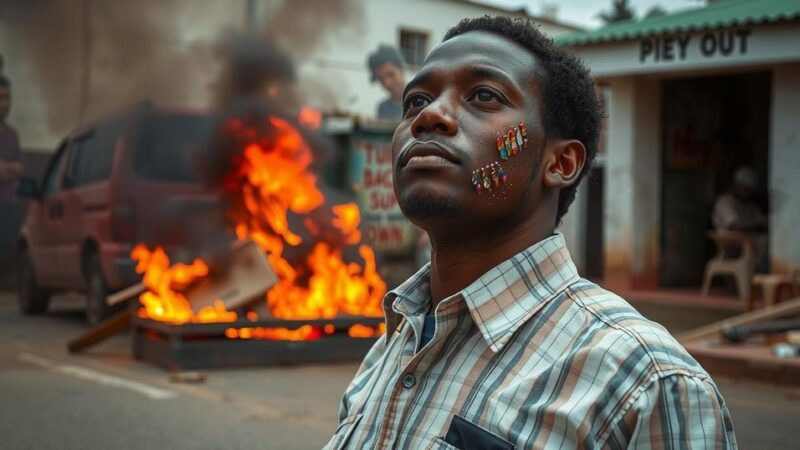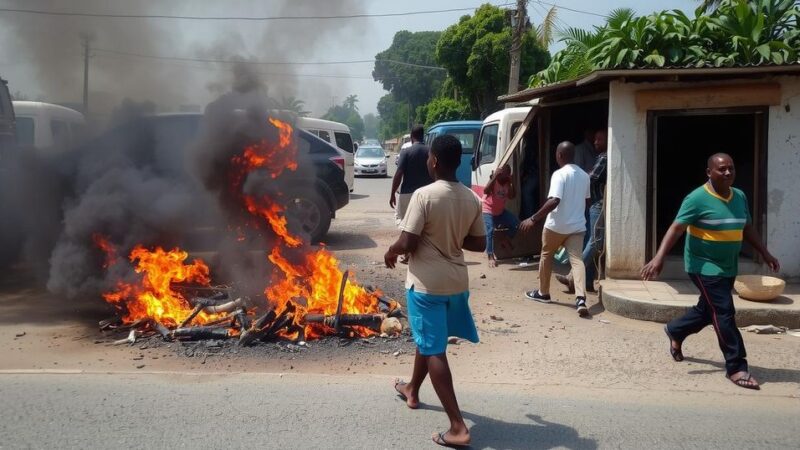Zimbabwe’s President Emmerson Mnangagwa announced SADC’s readiness to assist Mozambique amidst catastrophic post-election violence that has taken over 100 lives. South Africa urges dialogue for healing and stability, while Amnesty International condemns the government’s crackdown on protesters. There is a critical need for peace to reopen Mozambique’s ports and assist neighboring countries.
Zimbabwe’s President Emmerson Mnangagwa, currently chairing the Southern African Development Community (SADC), declared the regional bloc’s readiness to support Mozambique amid escalating post-election violence that has resulted in over 100 deaths of protesters, as reported by human rights organizations. Following a contentious electoral process on October 9, where the ruling Frelimo party was awarded 65% of the votes by the Constitutional Council, the situation remains tense.
In an audio statement, South African Minister of International Relations Ronald Lomola emphasized the necessity for urgent dialogue among all parties to mend the social fabric of Mozambique and facilitate its political and developmental advancement. He remarked, “South Africa calls on all parties to commit to an urgent dialogue that will heal the country and set it on a new political and developmental trajectory. Furthermore, South Africa is ready to assist Mozambique in any manner to facilitate this dialogue.”
Venancio Mondlane, the opposition candidate who finished second in the recent presidential election, urged for collaboration among the populace to defend local businesses and foster positive change, distancing himself from the violence perpetrated by the ruling party.
Amnesty International’s Deputy Regional Director, Khanyo Farise, condemned the government’s violent repression of protests, asserting, “Since the outcome of the elections on Oct. 9, police have responded with excessive use of force against those who decide to express themselves and to exercise their right to freedom of association and assembly. We’ve seen police using live ammunition, using rubber bullets and using various forms of excessive force against protesters. Many people have been seriously wounded, and over 110 people have been killed.”
Borges Nhamirre of the Institute for Security Studies highlighted the critical need for peace to reopen Mozambique’s ports, which serve neighboring countries such as Zimbabwe and Zambia. He stated, “So, nothing is happening. Everything has been paralyzed in Mozambique. It means that people will face more hardships even after this is over. So, the fastest way to solve this problem is dialogue. There is no alternative to dialogue.”
With calls for peace from both opposition leaders and regional organizations like SADC and the African Union, there exists a glimmer of hope for Mozambique’s current crisis. Dialogue and cooperation seem paramount to resolving the ongoing turmoil and fostering a more stable future for the nation.
The current unrest in Mozambique stems from a disputed presidential election held on October 9, 2023, where allegations of electoral malpractice led to widespread protests. Following the announcement of results favoring the ruling Frelimo party, violence erupted, prompting serious concerns regarding human rights abuses. The Southern African Development Community has stepped in to mediate, sparked by call-outs from both national and international figures amid the calls for dialogue and peace in the region. This ongoing situation not only affects Mozambique but also has repercussions for its neighboring countries, considering trading and economic relations.
In summary, the post-election violence in Mozambique has drawn international attention and prompted efforts for dialogue and resolution from various regional stakeholders. The alarming number of casualties and the suppression of protests have necessitated the intervention of organizations such as SADC and calls for dialogue from South Africa. The hope for stability hinges on collaborative efforts to address grievances and foster a peaceful environment within Mozambique.
Original Source: www.voanews.com

